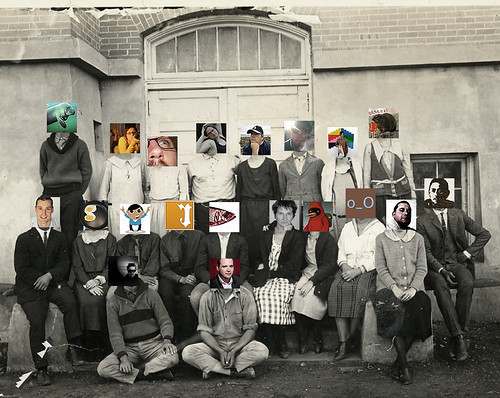This is part two of a blog on Little Heath’s Student Voice conference. You can read the first part here. This concentrated on the older students who were organising the conference, and the adults that supported them.
This second part will look at the experience of some of the younger pupils who are more recently involved with student voice. Let’s focus on student voice in learning since it’s one of the areas that the school does amazingly well. This centres around the STARs project – Students as Researchers.
The STARs (students as researchers) project is a key part of student voice in Little Heath. It’s designed to give the students an influence in their learning and school-life. Importantly, this isn’t based on whim, but research. Even more importantly, this research is student-led.
This first group looked at the types of homework that students liked most. Lots of students were complaining about their homework so they worked on a questionnaire to send out to pupils. The results were presented to Governors and SLT.
Here’s two year 9 students telling us about their STARs project. As opposed to the first group, this project focuses on classroom teaching. It looks at specific subjects: English, History and ICT in years 7 and 8. A crucial area to look at, and some very useful findings:
This group looked at the help that is available for students within the school. Here’s a member of the group talking us through the teacher questionnaire that they organised, and what will happen to their ideas:
Members of the STARs team can get involved year after year. These two members led a successful project last year, and are doing a first plan for their anti-bullying project this year:
Lots of the learning from the STARs project goes into a booklet which is given out to the school to publicise their work. Here’s the team in charge of making it:
Ongoing reflections on Homework:
Year 7 pupils (I think) talking us through their planner/homework diary/timetable.
They’re encouraged to reflect on what they’ve learnt and their homework, if there was too much or if they really enjoyed it. Teachers would then look at this. It’s a simple but good way to encourage reflection on learning and start a conversation with teachers.
Student voice in school planning:
Year 7 pupils on the Buildings and Environment group looking at how to improve this aspect of their school. They’re starting point is how they would make their school into the ‘dream school’ and they’re drawing a big map. They’re clearly getting a lot from approaching this in a visual way.
Key quote ‘it makes it come to life’
So that’s a taster of some of the great work being worked on by the younger pupils at Little Heath. The range of student voice work is really amazing, and if you’re interested, take a look at my original post from last year’s conference for a bit of analysis into why it works so well.
Well done to everyone involved :)
Greg

